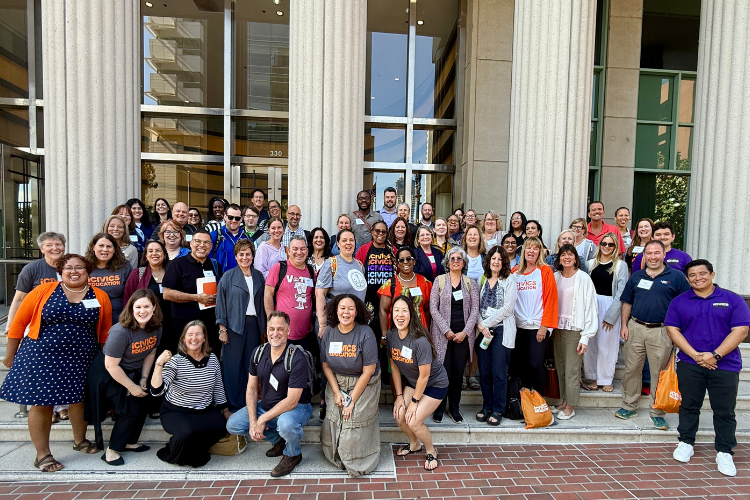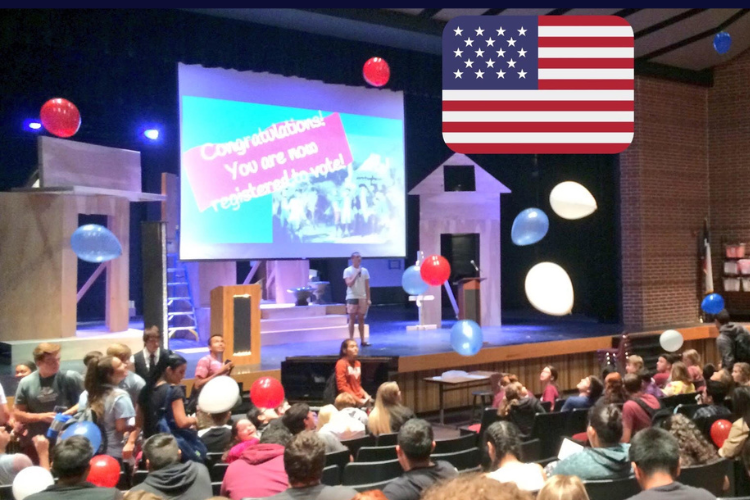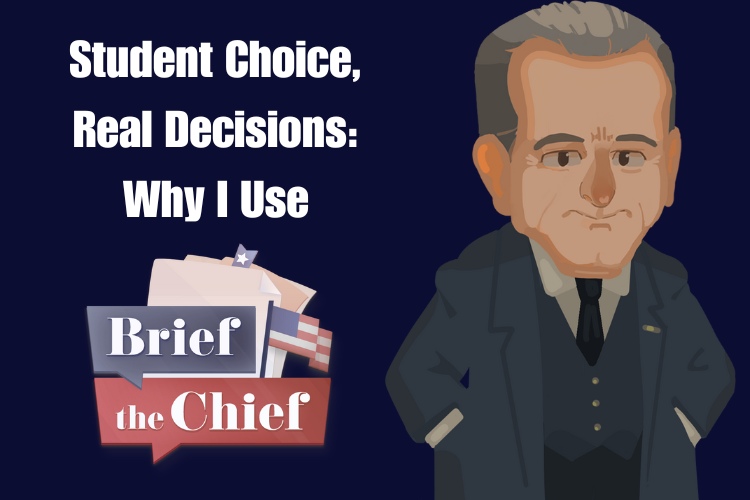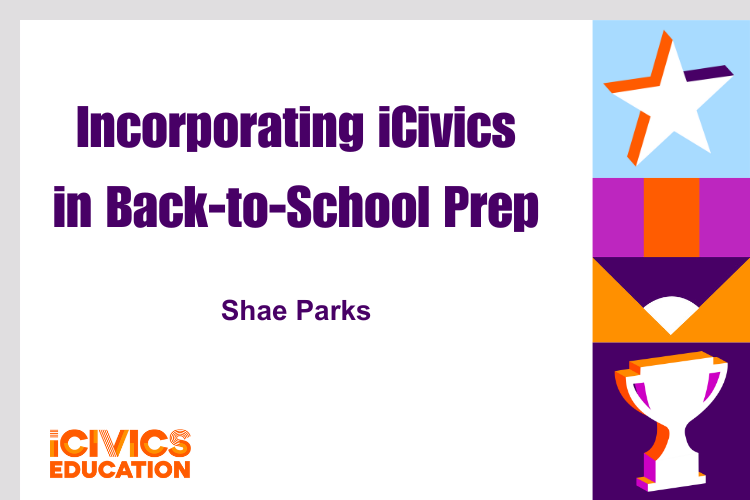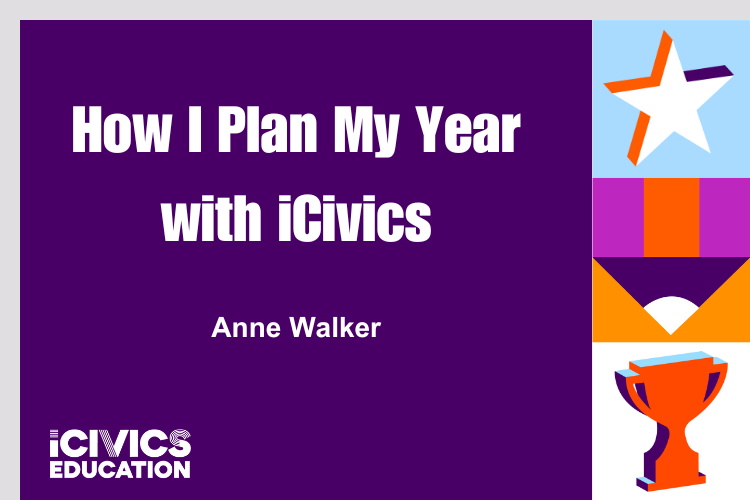Yáʼátʼééh! As educators, we’re committed to preparing students to be informed and engaged citizens. We teach the foundations: the Constitution, the three branches of government, elections, and the rights and responsibilities that come with being a citizen. But if we truly want to build a just, inclusive, and accurate understanding of civic life in this country, we must look beyond the traditional curriculum. We must make space for Indigenous voices and perspectives.
Speaking as a Native American educator, I can tell you that my people’s histories and systems of governance aren’t just footnotes—they’re foundational. Including them doesn’t just fill historical gaps; it offers a profound and necessary expansion of what civics can be.
Why Indigenous Perspectives are a Core Part of the Civics Story
Long before the United States was a nation, Indigenous peoples across this continent had sophisticated systems of governance, diplomacy, and community. Take, for example, the Haudenosaunee Confederacy, whose Great Law of Peace established a democratic framework that influenced early American political thinkers. These are not just historical curiosities; they are living examples of governance rooted in values of accountability, collective well-being, and a long-term view of our relationship with the land and each other.
To teach American civics without including these contributions is to tell an incomplete story. By bringing Indigenous perspectives into the classroom, we can help our students understand that government is not a static concept but a dynamic, evolving process shaped by many peoples and traditions.
Teaching the Four Levels of Government: Federal, State, Local, and Tribal
A truly complete civic education explores all four levels of government: federal, state, local, and tribal. Each has a distinct and essential role in shaping the laws and services that affect our lives.
Tribal governments are sovereign nations. This means they have the inherent authority to govern their people, their lands, and their resources. Like other governments, they have executive, legislative, and judicial branches that create laws, provide services, and protect their citizens.
While tribal nations maintain a unique nation-to-nation relationship with the U.S. federal government, they also regularly engage with state and local governments on critical issues, like natural resource management, education, and public health.
This reality offers a powerful teaching moment. We can help students compare and contrast:
- Structure: How do the branches of government operate differently across all four levels?
- Authority: What powers are unique to federal, state, local, or tribal governments? Where do their authorities overlap or interact?
- Citizenship: What does it mean to be a citizen of a tribe, a state, and the U.S.? How can someone participate in multiple systems?
- Collaboration & Conflict: How do these different governments work together—or come into conflict—over issues like land use, voting rights, or environmental stewardship?
Studying all four levels together provides a more honest and complex picture of governance in the United States, reinforcing that tribal nations are active, essential participants in civic life today.
Connect to the Land and the People
Every classroom in the U.S. sits on Native land. Learning about the Indigenous peoples of your region—both past and present—makes civics relevant and immediate.
Take a moment to investigate:
- Which Native Nation(s) are near your community?
- What does their government structure look like?
- What treaties or agreements exist between that Nation and the U.S. government?
Consider inviting a guest speaker from a local tribal government or exploring their official websites. Many include information about their leadership, departments, and priorities. By doing this, your students can compare decision-making processes, elections, and services with those of their own city or state. It’s an act of respect and a powerful way to make civics a living, breathing topic.
Highlight Contemporary Indigenous Civic Leaders
It is critical that our students understand that Indigenous governance and civic participation are not historical artifacts. They are happening right now.
Across the country, Indigenous leaders are serving in government, advancing policy, protecting the environment, and revitalizing their communities. We have a responsibility to highlight these figures and show our students that civic engagement is vibrant and deeply rooted in Indigenous communities.
Here are a few examples to get you started:
- Deb Haaland (Laguna Pueblo) – The first Native American to serve as a cabinet secretary as the U.S. Secretary of the Interior.
- Sharice Davids (Ho-Chunk Nation) – One of the first two Native American women elected to Congress, representing Kansas.
- Paulette Jordan (Coeur d’Alene Tribe) – Former Idaho state representative and advocate for renewable energy and Indigenous rights.
- Fawn Sharp (Quinault Indian Nation) – 23rd President of the National Congress of American Indians, a champion for tribal sovereignty and environmental justice.
- Tokata Iron Eyes (Oglala Lakota) – A young Native American activist, Lakota Law organizer, and member of the Standing Rock Sioux tribe.
By highlighting the work of these leaders—as well as local tribal council members, educators, artists, and community organizers—we demonstrate to our students that civic engagement is diverse and deeply rooted in Indigenous communities.
Broaden the Definition of Civics
Finally, incorporating Indigenous perspectives expands our understanding of what it means to be a citizen. Indigenous values, such as collective responsibility, reciprocity, and a deep respect for land and future generations, add depth to our ideas about citizenship and governance.
These perspectives can encourage students to ask profound questions:
- What does responsible leadership look like when we prioritize community and environmental health over short-term gain?
- How can our governance systems honor and protect diverse voices?
- What does a “just” society look like from a perspective that values the well-being of all living things?
When we include Indigenous perspectives, we move toward a civic education that is both more truthful and more transformative.
Let’s teach the full story. Let’s make sure our classrooms reflect the truth that tribal nations are not just a part of America’s history but a vibrant part of its present and its future. We have the opportunity to empower a new generation of students to be informed and respectful citizens who understand the complexity and richness of our shared civic landscape.
Written by Rachel Lamb
Rachel Lamb is an award-winning educator and civics advocate with nearly two decades of classroom experience. A Colorado Teacher of the Year finalist, Apple Distinguished Educator, and PBS Digital Innovator, she brings creativity and cultural relevance to civic learning. As a member of the iCivics Educator Network and a National Geographic Certified Educator, Rachel integrates storytelling, technology, and Indigenous perspectives to help students understand their role in democracy. Her work has been featured in national conferences and educational initiatives that empower young people to think critically, lead with empathy, and engage meaningfully in their communities.
Through the iCivics Educator Network, the perspectives of teachers across the country contribute to the public conversation about civic education in the United States. Each contributor represents their own opinion. We welcome this plurality of perspectives.

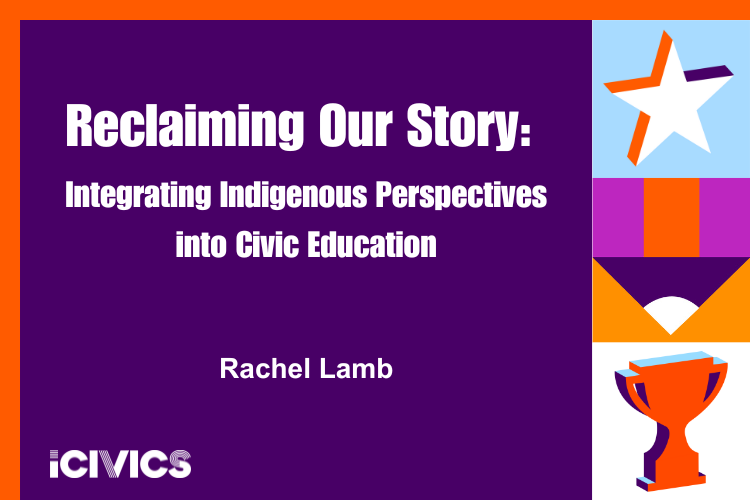
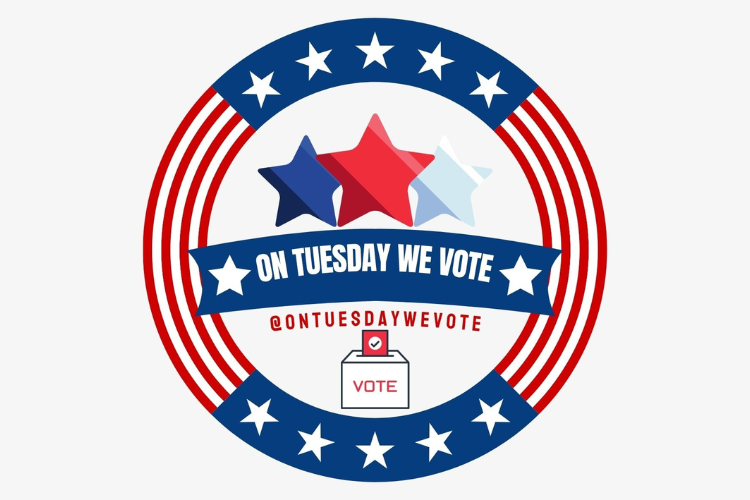
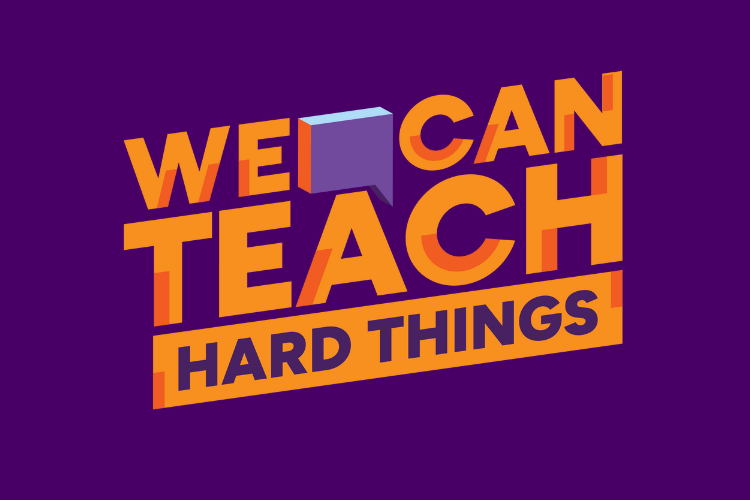
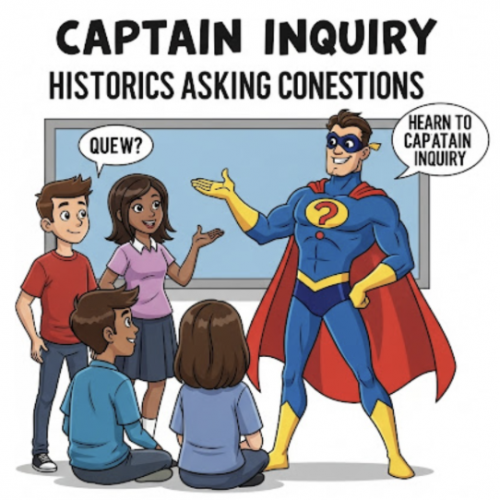
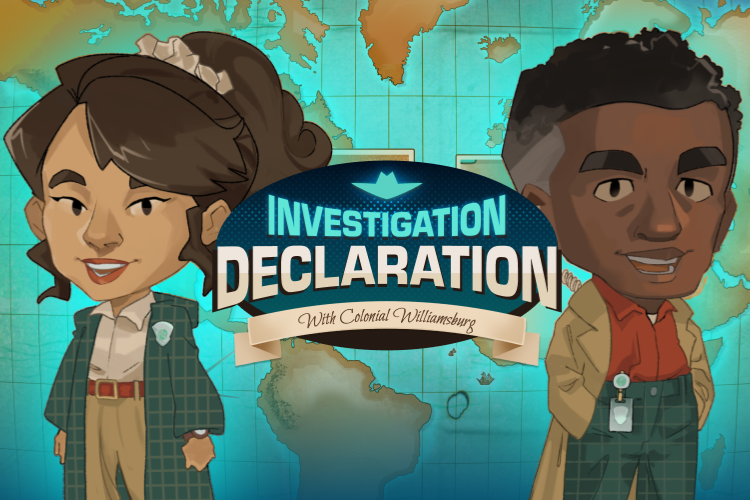
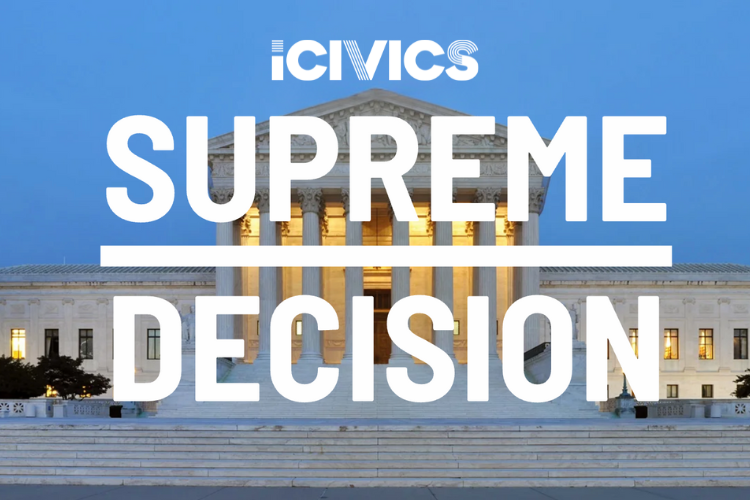

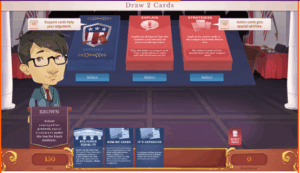 Then they must identify the Constitutional arguments used to support the argument. Once identified, they must build an argument based on Action cards and Support cards. They offer a rebuttal to the opposing side by quickly choosing correct supporting arguments. This game’s strength lies in the variety of gameplay. Not only can you choose between several cases, but you can also choose which side to support and the argument to build. You cannot simply click your way through the game successfully. It takes reading and critical thinking skills to make your way through, but it is not at such a difficulty level that the average student would quit out of frustration.
Then they must identify the Constitutional arguments used to support the argument. Once identified, they must build an argument based on Action cards and Support cards. They offer a rebuttal to the opposing side by quickly choosing correct supporting arguments. This game’s strength lies in the variety of gameplay. Not only can you choose between several cases, but you can also choose which side to support and the argument to build. You cannot simply click your way through the game successfully. It takes reading and critical thinking skills to make your way through, but it is not at such a difficulty level that the average student would quit out of frustration. and in the years since, I am continuously surprised by how few people have heard of it! Keeping the name of Supreme Decision, iCivics took the original storyline and developed a truly interactive simulation through the decision-making process.
and in the years since, I am continuously surprised by how few people have heard of it! Keeping the name of Supreme Decision, iCivics took the original storyline and developed a truly interactive simulation through the decision-making process. 